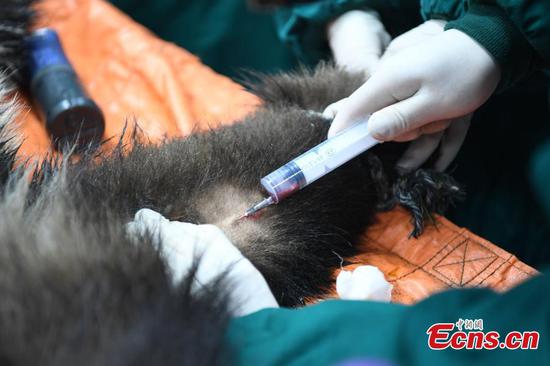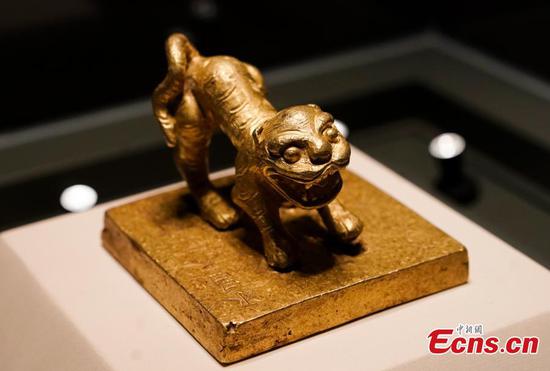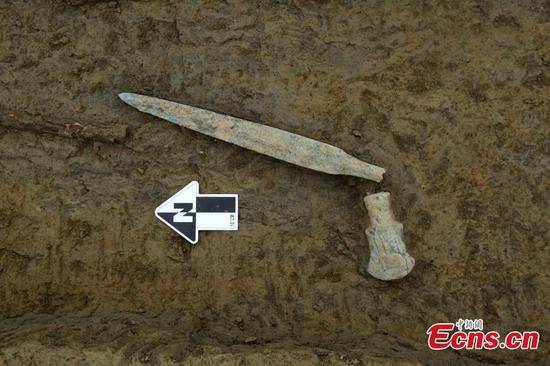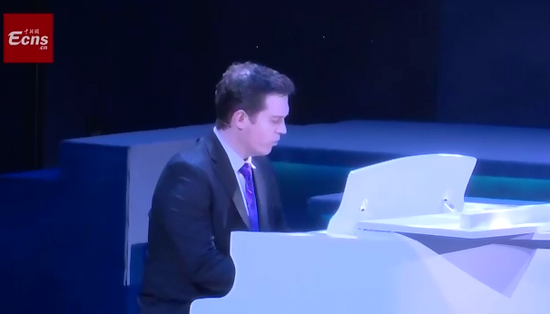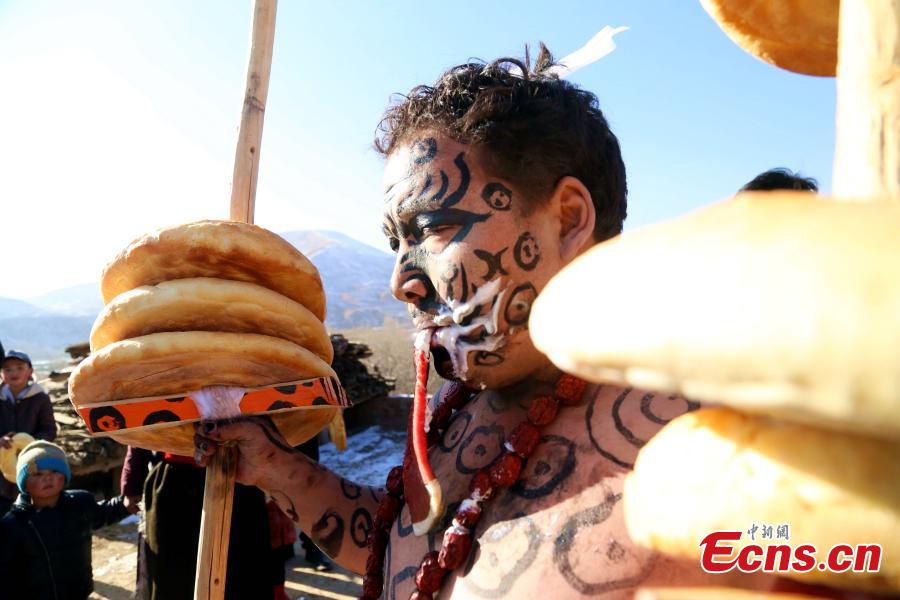
People of the Tu ethnic group perform the Wutu dance during a ceremony at Nianduhu village in Tongren County, Northwest China's Qinghai Province, December 26, 2018. The annual ceremony is held, between Nov. 5 to 20 in the lunar calendar, to dispel disease and exorcise evils. In ancient Chinese dialects, "Wutu" means "tiger". The Wutu dance was inscribed as an intangible cultural heritage by the Ministry of Culture in 2006. (Photo: China News Service/Ma Mingyan)
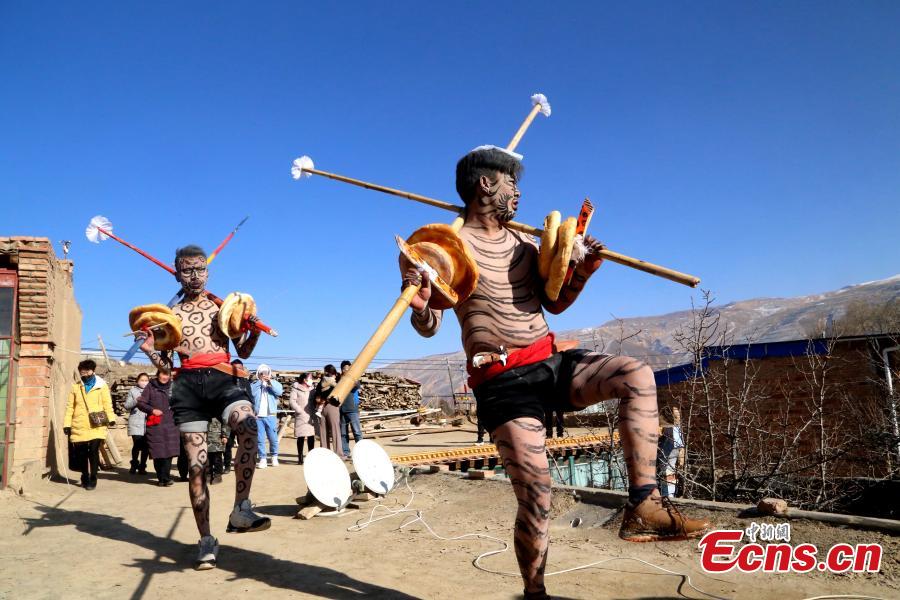
People of the Tu ethnic group perform the Wutu dance during a ceremony at Nianduhu village in Tongren County, Northwest China's Qinghai Province, December 26, 2018. The annual ceremony is held, between Nov. 5 to 20 in the lunar calendar, to dispel disease and exorcise evils. In ancient Chinese dialects, "Wutu" means "tiger". The Wutu dance was inscribed as an intangible cultural heritage by the Ministry of Culture in 2006. (Photo: China News Service/Ma Mingyan)
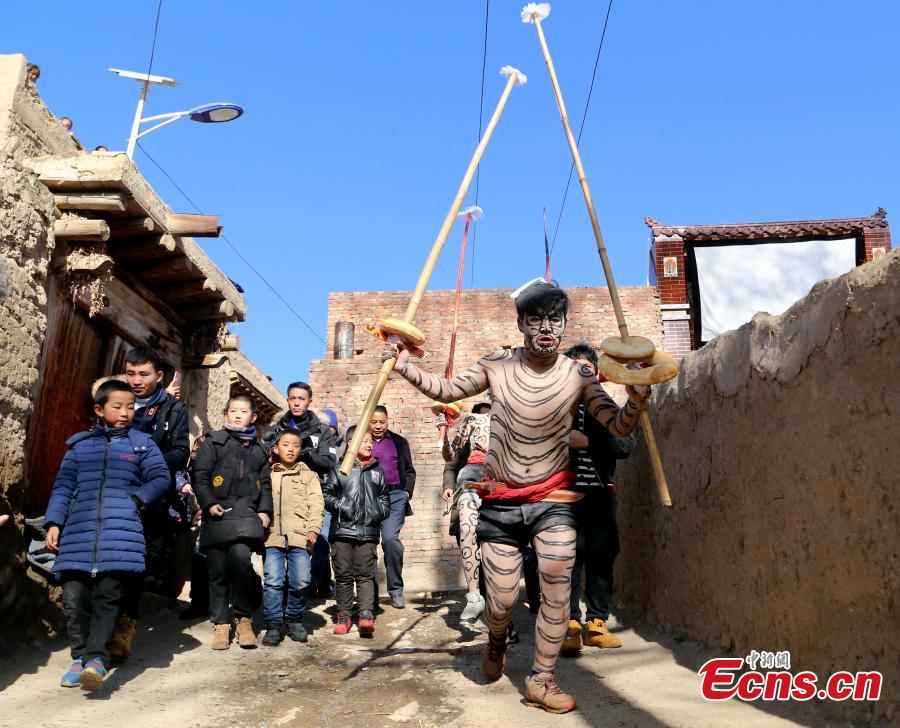
People of the Tu ethnic group perform the Wutu dance during a ceremony at Nianduhu village in Tongren County, Northwest China's Qinghai Province, December 26, 2018. The annual ceremony is held, between Nov. 5 to 20 in the lunar calendar, to dispel disease and exorcise evils. In ancient Chinese dialects, "Wutu" means "tiger". The Wutu dance was inscribed as an intangible cultural heritage by the Ministry of Culture in 2006. (Photo: China News Service/Ma Mingyan)
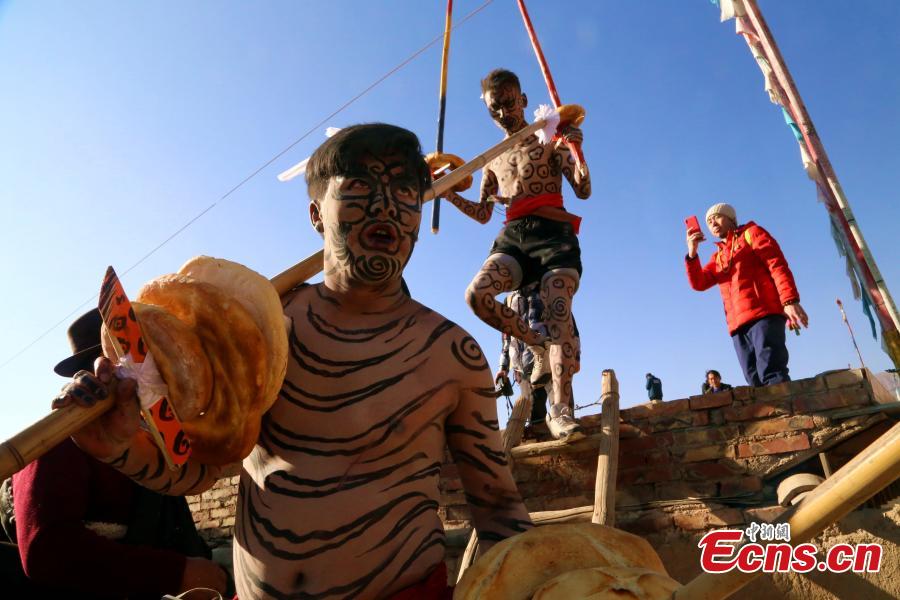
People of the Tu ethnic group perform the Wutu dance during a ceremony at Nianduhu village in Tongren County, Northwest China's Qinghai Province, December 26, 2018. The annual ceremony is held, between Nov. 5 to 20 in the lunar calendar, to dispel disease and exorcise evils. In ancient Chinese dialects, "Wutu" means "tiger". The Wutu dance was inscribed as an intangible cultural heritage by the Ministry of Culture in 2006. (Photo: China News Service/Ma Mingyan)
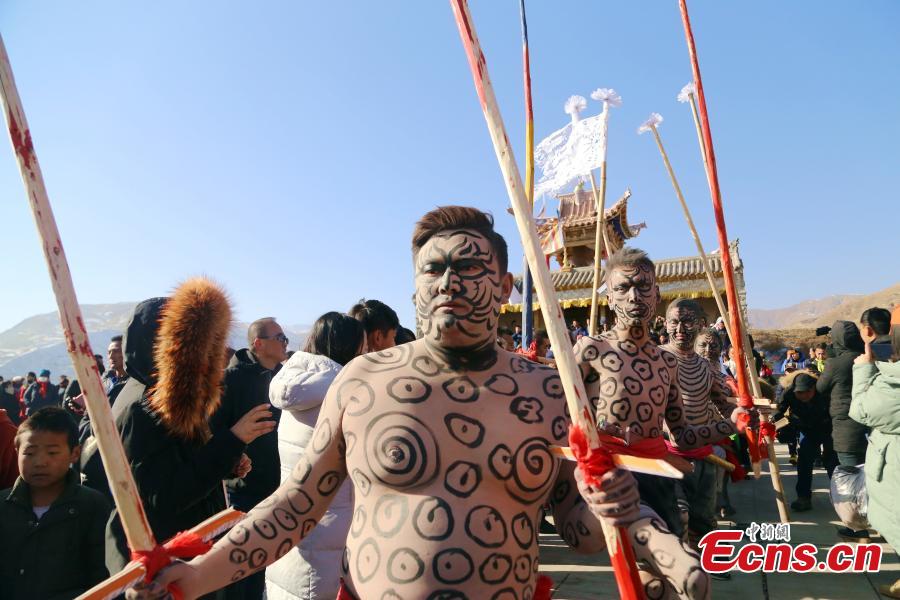
People of the Tu ethnic group perform the Wutu dance during a ceremony at Nianduhu village in Tongren County, Northwest China's Qinghai Province, December 26, 2018. The annual ceremony is held, between Nov. 5 to 20 in the lunar calendar, to dispel disease and exorcise evils. In ancient Chinese dialects, "Wutu" means "tiger". The Wutu dance was inscribed as an intangible cultural heritage by the Ministry of Culture in 2006. (Photo: China News Service/Ma Mingyan)
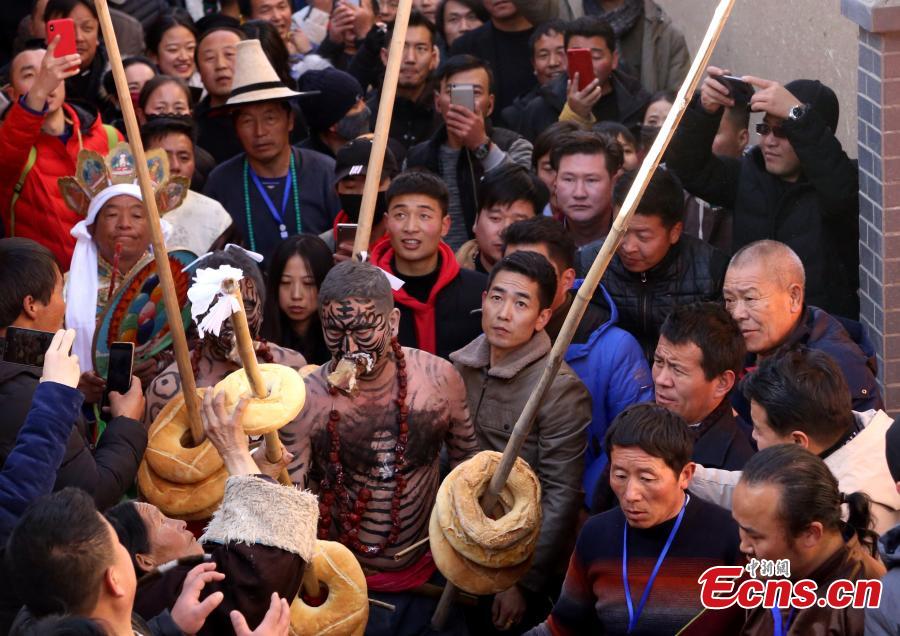
People of the Tu ethnic group perform the Wutu dance during a ceremony at Nianduhu village in Tongren County, Northwest China's Qinghai Province, December 26, 2018. The annual ceremony is held, between Nov. 5 to 20 in the lunar calendar, to dispel disease and exorcise evils. In ancient Chinese dialects, "Wutu" means "tiger". The Wutu dance was inscribed as an intangible cultural heritage by the Ministry of Culture in 2006. (Photo: China News Service/Ma Mingyan)










